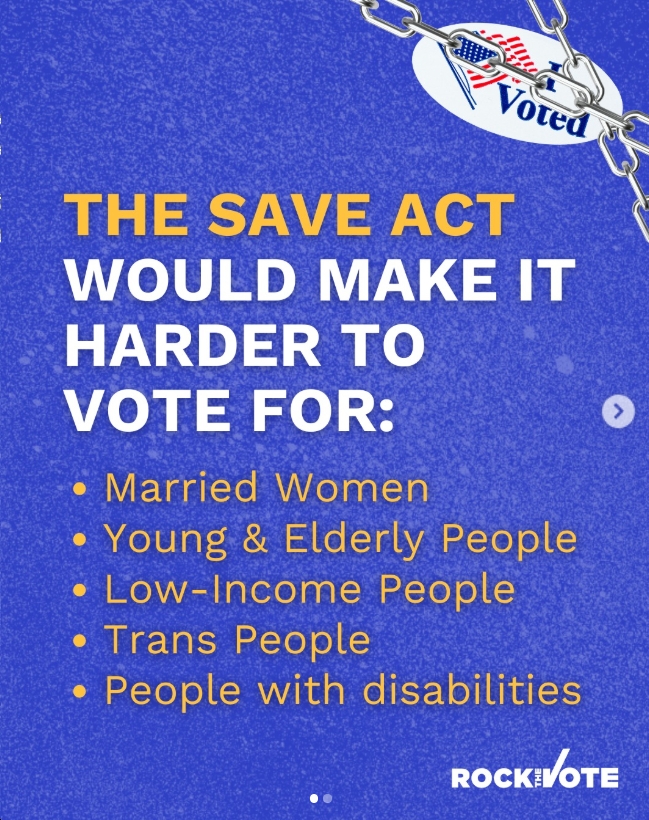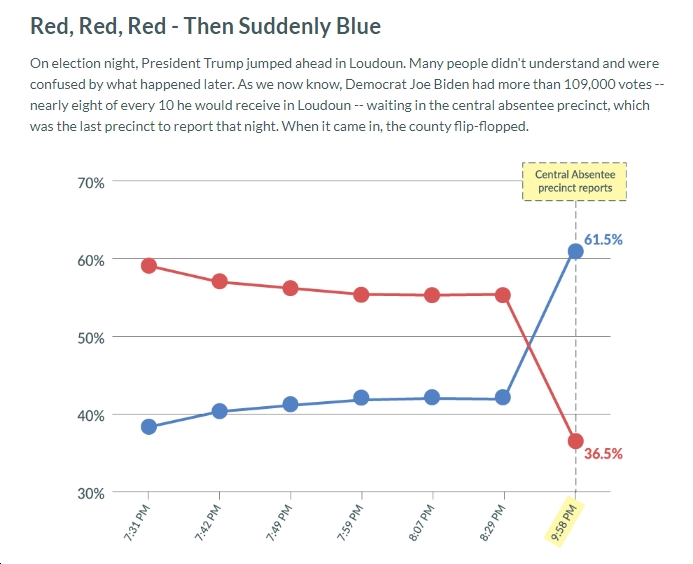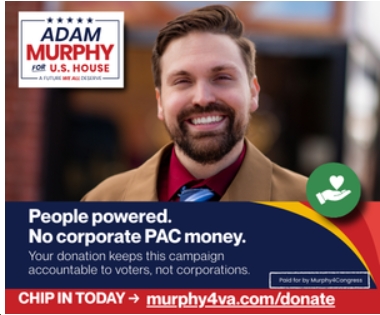| CHARLOTTESVILLE, VA – A survey of Charlottesville primary voters conducted one week after the City’s first ranked choice election found decisive support for continuing the system. Fully 80% of respondents strongly support using RCV in future City Council elections, with another 9% expressing some support. Less than 10% opposed continued use. Support was strong across demographic groups, including age, race, gender, education, and homeownership. The only group with majority opposition was the small subset of voters (5%) who were also dissatisfied with the election winners. Voters Were Ready to RankThe City of Charlottesville and Ranked Choice Virginia conducted voter education campaigns ahead of the election, and survey results show voters were prepared: - More than 9 in 10 voters knew they would be using ranked choice voting before they received their ballot—either by mail or in person.
- Voters were comfortable marking their ballots, with 96% expressing confidence in the process. Less than 4% reported major questions or concerns about completing their ballots.
- More than 9 in 10 voters understood how their votes were counted, with 62% expressing complete confidence and 30% saying they were “pretty sure.”
Winners Had Deep and Broad SupportAs the reported results show, Jen Fleisher won 51% of first-choice votes, followed by incumbent Mayor Juandiego Wade with 36%, so in total, 87% of voters will be represented by their first-choice candidate on Council next year. In addition, data from the City’s ballot scanners reveal how voters used their second-choice rankings and show the winners earned broad support from the electorate. More than 47% of voters saw their top two candidates elected. No other pair of winners could have made as many voters fully satisfied with the results: not incumbents Wade and Brian Pinkston (35%) or Fleisher and Pinkston (27%). The results also illustrate how multi-winner ranked choice delivers proportional representation: roughly half the voters ranked the incumbent councilors first and half preferred newcomer Fleisher, so voters got one of each. Common Concerns DispelledCritics of ranked choice voting often raise concerns about voter confusion, suppressed turnout, and ballot errors, but these concerns proved unfounded. Turnout in this year’s City Council election mirrored past off-year primaries: the 2019 and 2021 Democratic primary elections also saw roughly 6,200 ballots cast. In addition, more people voted in this year’s City Council race than either of the statewide races on the same ballot. Ballot scanners also saw few errors. Just 30 ballots were unable to be counted due to marking errors, and half were from in-person voters who were offered replacement ballots but chose not to use them. MethodologyThe survey was sent to Charlottesville primary voters via text message one week after Election Day. All 8,699 people who had voted in a local primary election in 2021, 2023, or early in 2025 were eligible to take the survey, and 4.4% of voters who received the message completed the questions. Survey participants closely mirrored actual primary voters across neighborhood, voting patterns, and demographics. Ranked Choice Future in Virginia“The results show what RCV cities across the country already know: when voters finally get to use ranked choice voting, they get it, they like it, and they want to do it again,” said Sally Hudson, Executive Director of Ranked Choice Virginia. A formal report will be presented to City Council later this summer as the City considers whether to continue using ranked choice voting in future elections. Charlottesville is the second community in Virginia to use RCV in local elections. Arlington County has used ranked choice to elect its County Board since 2023. | 

![Wednesday News: “The Grand Opening of an American Concentration Camp”; Trump Threatens to Arrest Mamdani; “Poorest Americans Would Be Hurt By Trump’s Big Bill”; [VA] GOP nominees share stage, but not unity”; “Hoos your daddy, Virginia?” (Not Youngkin)](https://bluevirginia.us/wp-content/uploads/2025/07/montage0702.jpg)
![Saturday News: “Trump’s latest tariff TACO probably won’t make your life more affordable”; “The Epstein Email Cache: 2,300 Messages, Many of Which Mention Trump”; “[MTG] questions if Trump is still the ‘America First’ president”; “Jim Ryan tells all: ‘What did the Governor know, when did he know it?’”](https://bluevirginia.us/wp-content/uploads/2025/11/montage1115.jpg)
![In His Interview with Sam Shirazi, Ben “Not Larry Sabato” Tribbett Says “if I was setting a Las Vegas line [for the 2025 VA governor’s race], I would absolutely put [it] as a starting point in the double digits [in favor of Abigail Spanberger]”](https://bluevirginia.us/wp-content/uploads/2025/04/shiraziben.jpg)












